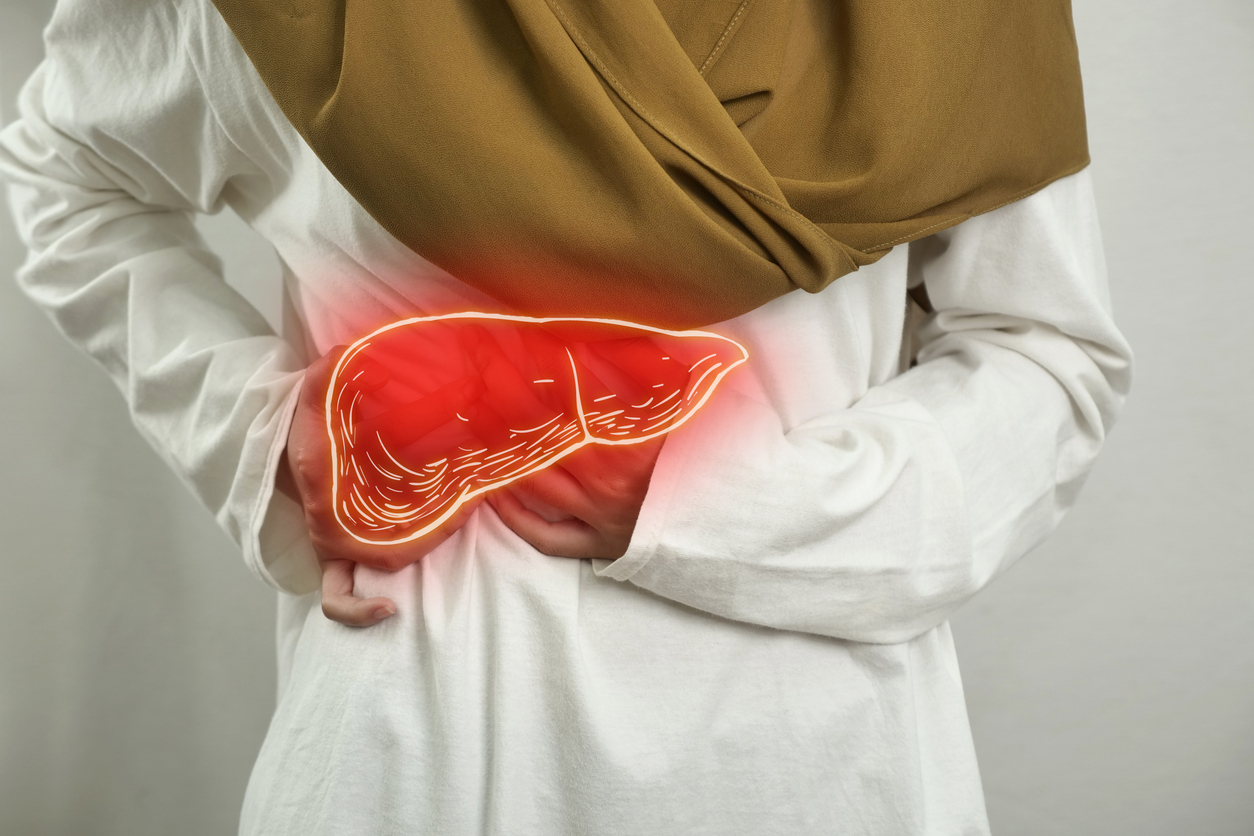2025-10-27
What if physical exercise were the key to clearing “chemo brain” after breast cancer?
Oncology
By Lila Rouland | Published on October 27, 2025 | 3 min read
Breast cancer, affecting more than 2.3 million women each year, often leads to lasting aftereffects well beyond treatment. Among them, cancer-related cognitive impairment (CRCI) affects up to 70% of patients, with symptoms such as memory loss, difficulty concentrating, and mental slowing—often described as “chemo brain.” Even when mild, these cognitive issues can persist for several years, impacting return to work, autonomy, and mental health.
The mechanisms involved include neurotoxic treatments (chemotherapy, hormone therapy, radiotherapy) as well as the biological stress of the cancer itself. In this context, physical exercise—already known to enhance cognition in the general population—could represent a relevant non-pharmacological intervention. However, earlier studies often lacked methodological rigor or used inadequate measurement tools.
Study objective: To evaluate the effect of exercise programs on cognitive function in breast cancer survivors through a systematic review and meta-analysis of randomized controlled trials (RCTs), focusing on specific, validated cognitive assessments.
Methodology: The analysis included 11 randomized controlled trials involving 890 women with breast cancer (stages 0–IV), either undergoing or having completed treatment. Exercise programs included aerobic, resistance, combined, or mind-body activities (e.g., Qigong), lasting 8–24 weeks, with 2–5 sessions per week. Cognitive function was assessed using standardized neuropsychological tests (TMT, HVLT-R, Stroop, etc.) and self-reported questionnaires (FACT-Cog, PROMIS).
Main results show that exercise significantly improves:
However, no significant effects were observed for:
The effects were generally more pronounced with aerobic or combined interventions, and benefits were clearer when cognition was a primary study outcome. Positive effects were also linked to reduced fatigue and anxiety, reinforcing the idea of a multifactorial mechanism of action.
Post-cancer cognitive disorders represent a major public health issue, impacting quality of life, return to work, and mental well-being. This meta-analysis demonstrates that regular physical exercise—especially at moderate to vigorous intensity—improves several key aspects of cognition in breast cancer survivors.
Main conclusion: Exercise has a positive effect on cognitive resilience, with clinically meaningful improvements in attention, working memory, and executive function.
Study limitations:
Future directions: Upcoming studies should use standardized tools combining both objective and subjective assessments, include cardiorespiratory fitness as a key variable, and explore multimodal approaches combining cognitive training with physical activity.
About the author – Lila Rouland
With dual expertise in science and marketing, Lila brings her knowledge to the service of healthcare innovation. After five years in international academic research, she transitioned into medical and scientific communication within the pharmaceutical industry. Now working as a medical writer and content developer, she is committed to highlighting scientific knowledge and conveying it to healthcare professionals with clarity and relevance.
Breast cancer, affecting more than 2.3 million women each year, often leads to lasting aftereffects well beyond treatment. Among them, cancer-related cognitive impairment (CRCI) affects up to 70% of patients, with symptoms such as memory loss, difficulty concentrating, and mental slowing—often described as “chemo brain.” Even when mild, these cognitive issues can persist for several years, impacting return to work, autonomy, and mental health.
The mechanisms involved include neurotoxic treatments (chemotherapy, hormone therapy, radiotherapy) as well as the biological stress of the cancer itself. In this context, physical exercise—already known to enhance cognition in the general population—could represent a relevant non-pharmacological intervention. However, earlier studies often lacked methodological rigor or used inadequate measurement tools.
Study objective: To evaluate the effect of exercise programs on cognitive function in breast cancer survivors through a systematic review and meta-analysis of randomized controlled trials (RCTs), focusing on specific, validated cognitive assessments.
What concrete cognitive benefits for survivors?
Methodology: The analysis included 11 randomized controlled trials involving 890 women with breast cancer (stages 0–IV), either undergoing or having completed treatment. Exercise programs included aerobic, resistance, combined, or mind-body activities (e.g., Qigong), lasting 8–24 weeks, with 2–5 sessions per week. Cognitive function was assessed using standardized neuropsychological tests (TMT, HVLT-R, Stroop, etc.) and self-reported questionnaires (FACT-Cog, PROMIS).
Main results show that exercise significantly improves:
- Attention and working memory (SMD = 0.43; p < 0.001)
- Executive functions such as mental flexibility (SMD = –0.29; p < 0.001)
- Perceived cognitive abilities (SMD = 0.95; p = 0.003)
- Self-reported cognitive complaints (SMD = –0.75; p < 0.001)
However, no significant effects were observed for:
- Learning memory
- Processing speed
- Verbal fluency
The effects were generally more pronounced with aerobic or combined interventions, and benefits were clearer when cognition was a primary study outcome. Positive effects were also linked to reduced fatigue and anxiety, reinforcing the idea of a multifactorial mechanism of action.
Could physical exercise become a standard prescription in post–breast cancer care?
Post-cancer cognitive disorders represent a major public health issue, impacting quality of life, return to work, and mental well-being. This meta-analysis demonstrates that regular physical exercise—especially at moderate to vigorous intensity—improves several key aspects of cognition in breast cancer survivors.
Main conclusion: Exercise has a positive effect on cognitive resilience, with clinically meaningful improvements in attention, working memory, and executive function.
Study limitations:
- Heterogeneity of assessment tools
- Few studies with cognition as the primary endpoint
- Limited data on patients undergoing active treatment or with metastatic cancer
Future directions: Upcoming studies should use standardized tools combining both objective and subjective assessments, include cardiorespiratory fitness as a key variable, and explore multimodal approaches combining cognitive training with physical activity.
Read next: Combined exercise: a winning strategy for cardiorespiratory fitness after breast cancer
About the author – Lila Rouland
Doctor of Oncology, specialized in Biotechnology and Management

Last press reviews
Liver, sugar, and pills: who's in control?

By Ana Espino | Published on February 4, 2026 | 3 min read<br>
Endometrial cancer: Is PARP bringing new hope?

By Ana Espino | Published on February 3, 2026 | 3 min read<br>
